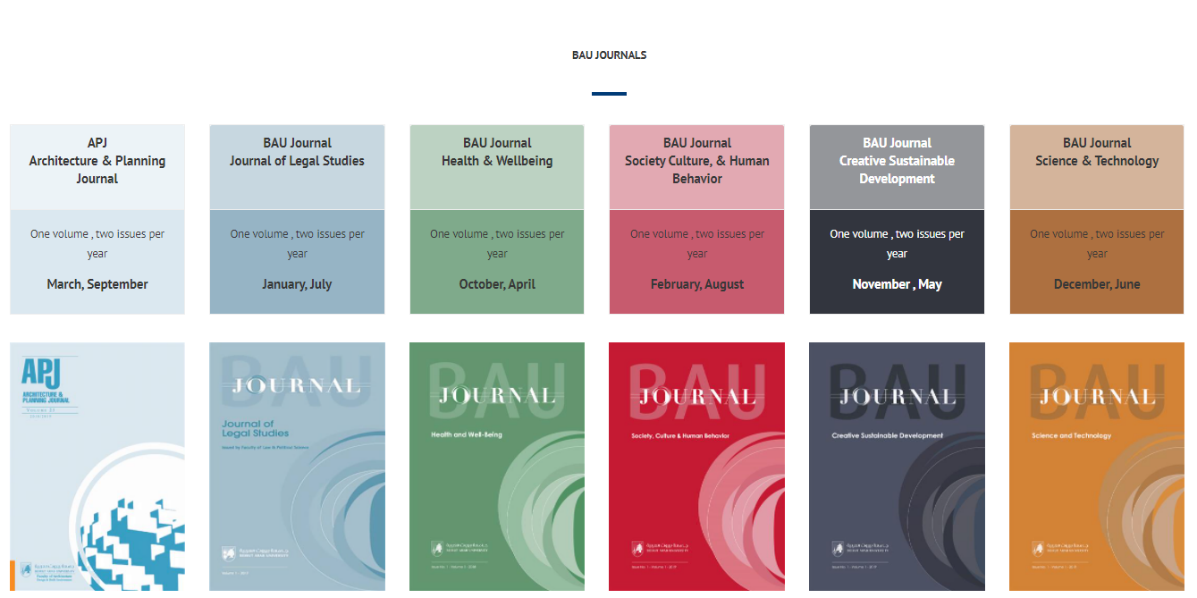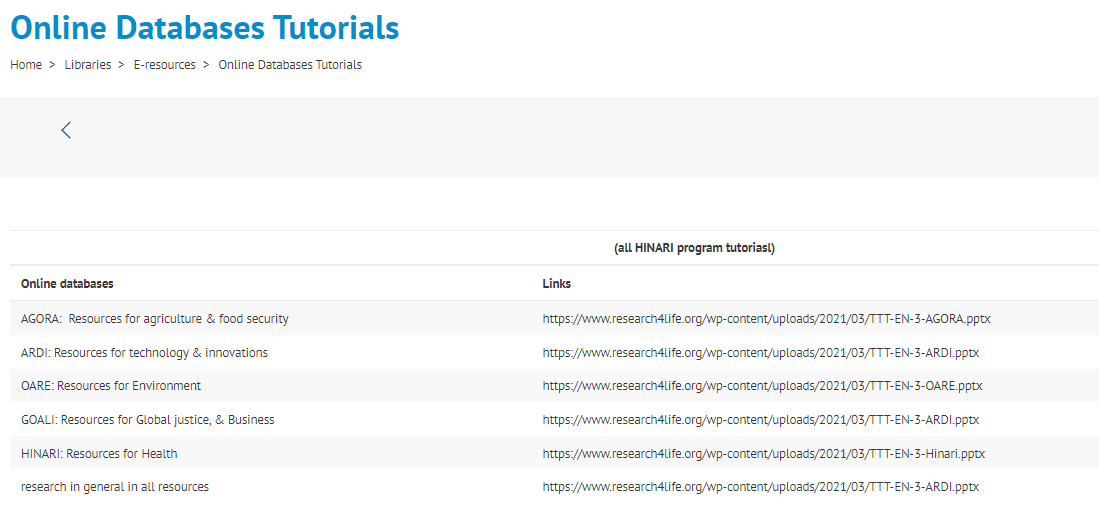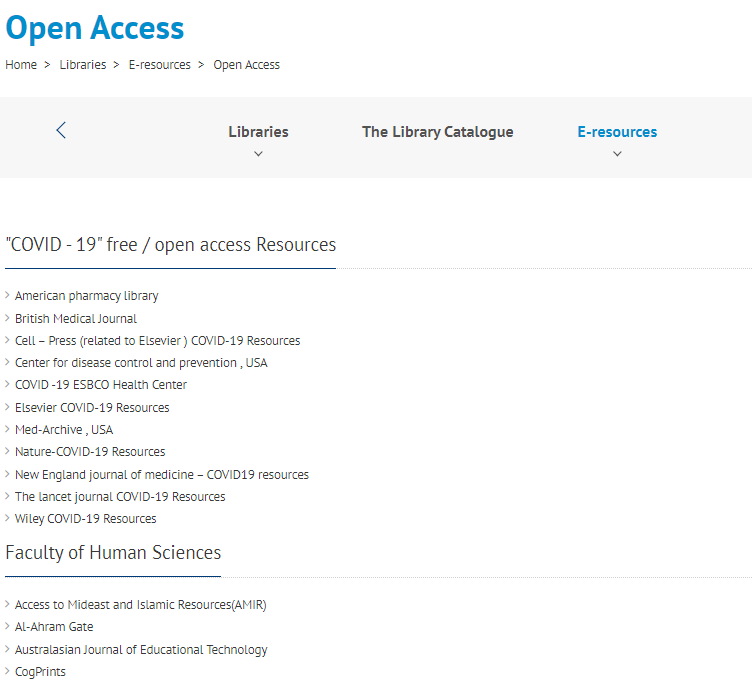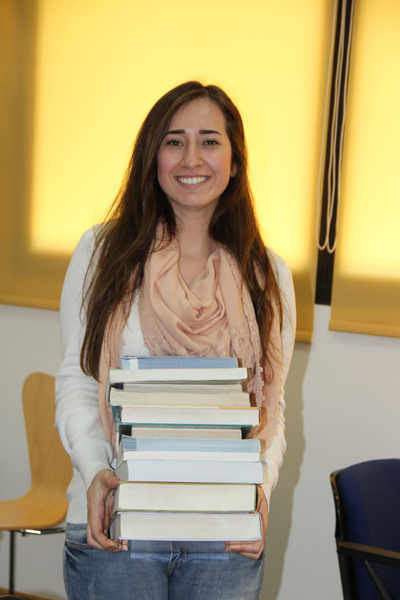Public access to libraries including books and publications
Beirut Arab University provides different options of free bookstores for people in the world, resources that allow them to access different knowledge and also learn about the culture and history of Lebanon.
Free Access
With the purpose of generating a culture of knowledge and access to library resources, the University offers tools to people in the community and people in the world through the books and databases of articles that BAU has for the use of anyone who is interested. This service is totally free.
It is an initiative in which anyone outside the university can access information of all kinds, they can find topics from Architecture, Health & WellBeing, Society Culture & Human Behavior among others. BAU journals are official publications of Beirut Arab University, currently publishing six scholarly journals that cover a wide range of disciplines, from the humanities and the social sciences to the life and physical sciences.
In addition to working with departments and faculties of the university, BAU journals serves a world-wide community of scholars, researchers, and practitioners through the publication of peer-reviewed academic and professional journals in print and electronic form. The journals endeavor to extend the influence of the University and the academic community to influence people's lives throughout the world.
Supported by Elsevier’s digital commons platform, we are expanding our reach to connect with intellectually engaged audiences across a variety of platforms and throughout academia and beyond, we look to lead the way into the future of scholarly publishing.
BAU encourages the progress of the individual at the academic and personal level, thinking about this I develop an Online Database in which there are tutorials about all possible study topics for anyone outside the university. BAU wants the Lebanese community to strengthen its skills, this service is free of charged.
Open access It is an initiative in which BAU gives free access to its libraries to the general public free of charged, the section was developed with the aim that anyone who does not belong to the university has the opportunity to read articles, books and research that allow the general public to inform themselves, BAU develops these strategies to exterminate the educational inequality and to achieve inclusive education.
Paid Access
Access to face-to-face bookstores within the University facilities is only free for students and staff members, visitors must pay a fee to use the bookstore service or loan books, articles, etc.
Libraries are one of the most vital assets and assessment criteria in private universities in light of technological and information technology advancements. Accordingly, the general policy of libraries is indispensable to Beirut Arab University’s policy, which is based on international quality standards in program and performance assessment and development.
The relationship is embodied in the collaboration between the library administration to other administrations in the University. It is also expressed in the relationship of libraries to similar institutions in Lebanon and abroad and embodied through memberships and agreements.
The availability of a sufficient budget for various library provisions also aids in carrying out this policy. The core concept in this policy is based upon the library’s commitment to protect intellectual property rights of academic staff and students.
BAU Libraries - Vision
The library’s vision at Beirut Arab University is to enhance and develop library services in line with the University strategy of providing quality education and research, to follow up with technological developments to provide international e-service standards, and to support e-learning to enable libraries to become an educational center for users of the University and its community.
BAU Libraries - Mission
The University library administration constantly endeavors to achieve Beirut Arab University’s vision of supporting education and research by providing various information sources that fulfill the needs of users. In addition, the administration strives to supply information through international collaborative sources and networks. It also takes interest in developing human resources to accomplish anticipated future objectives.





